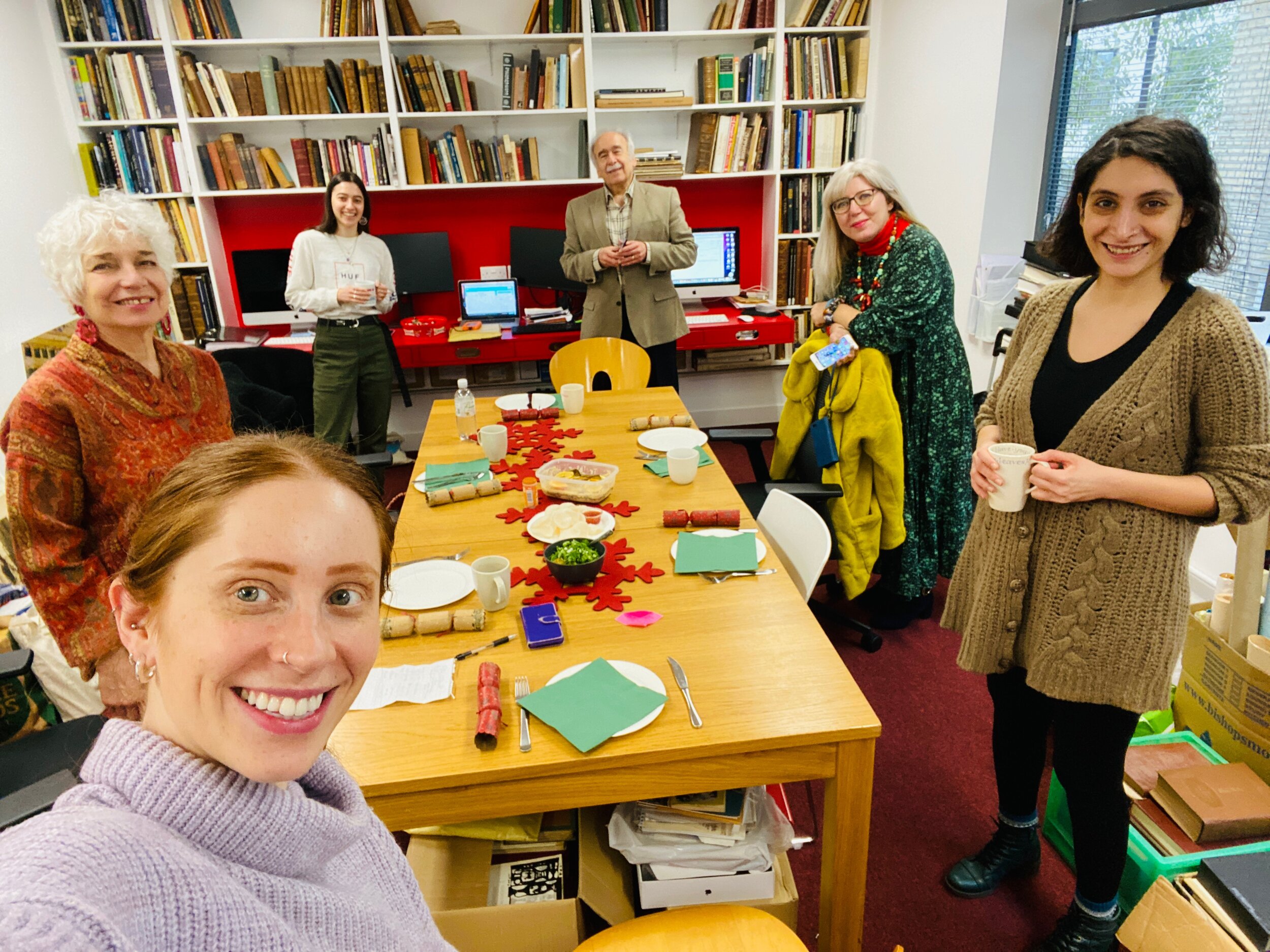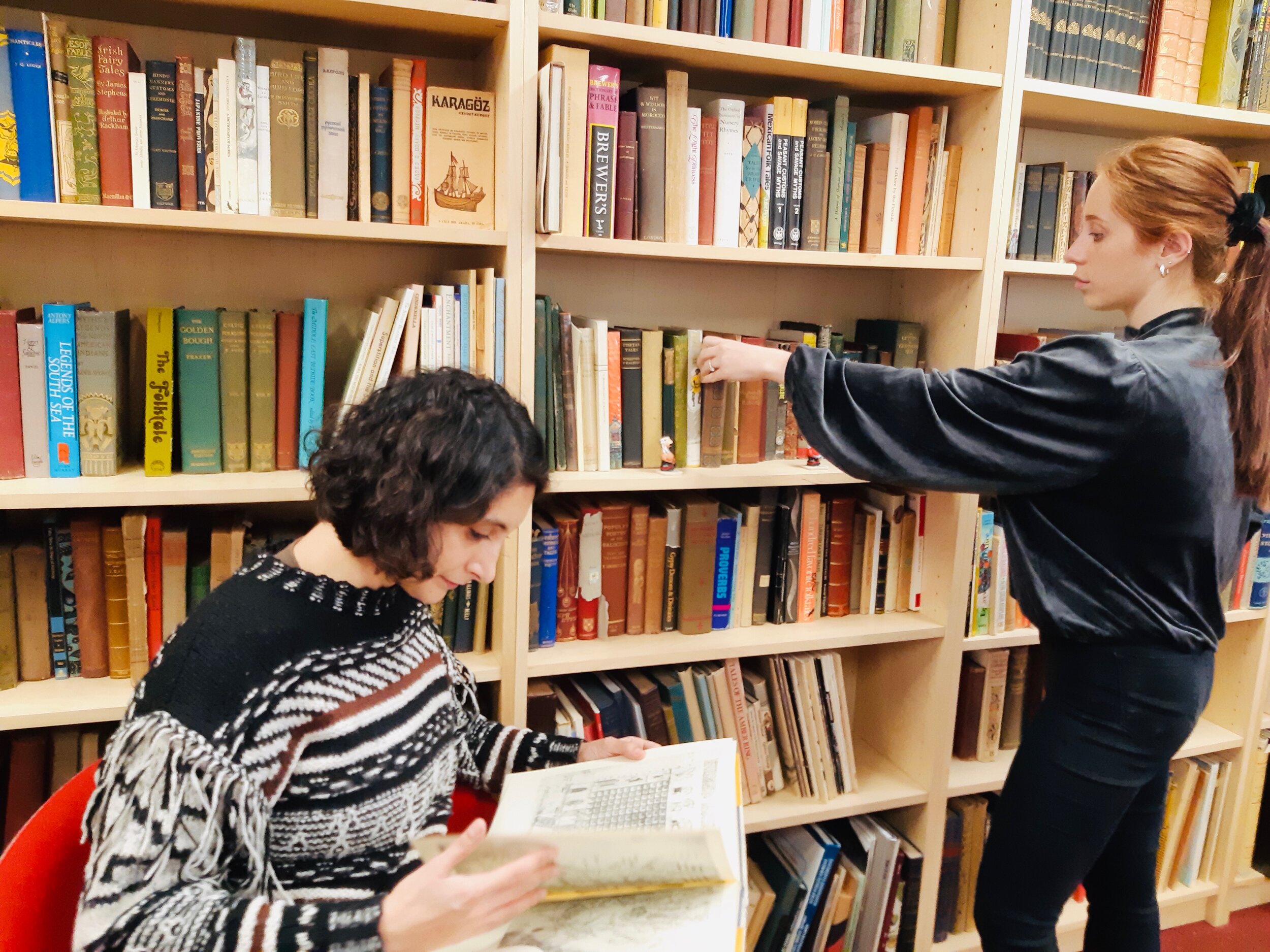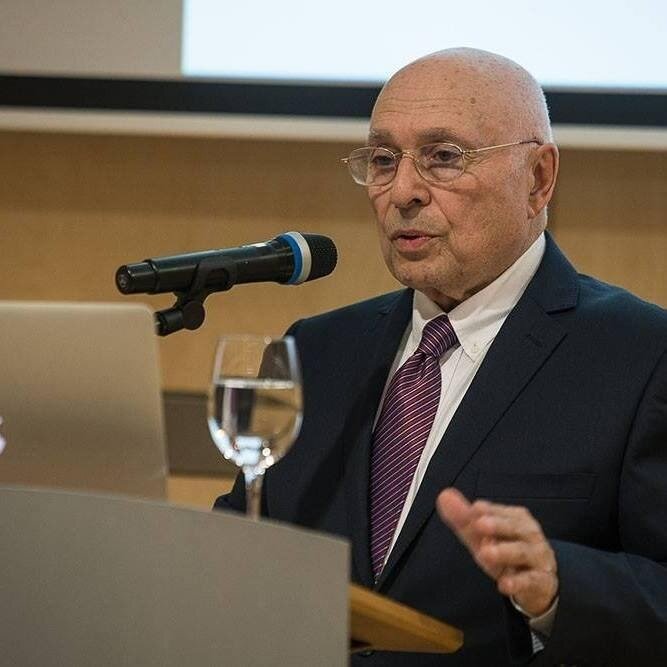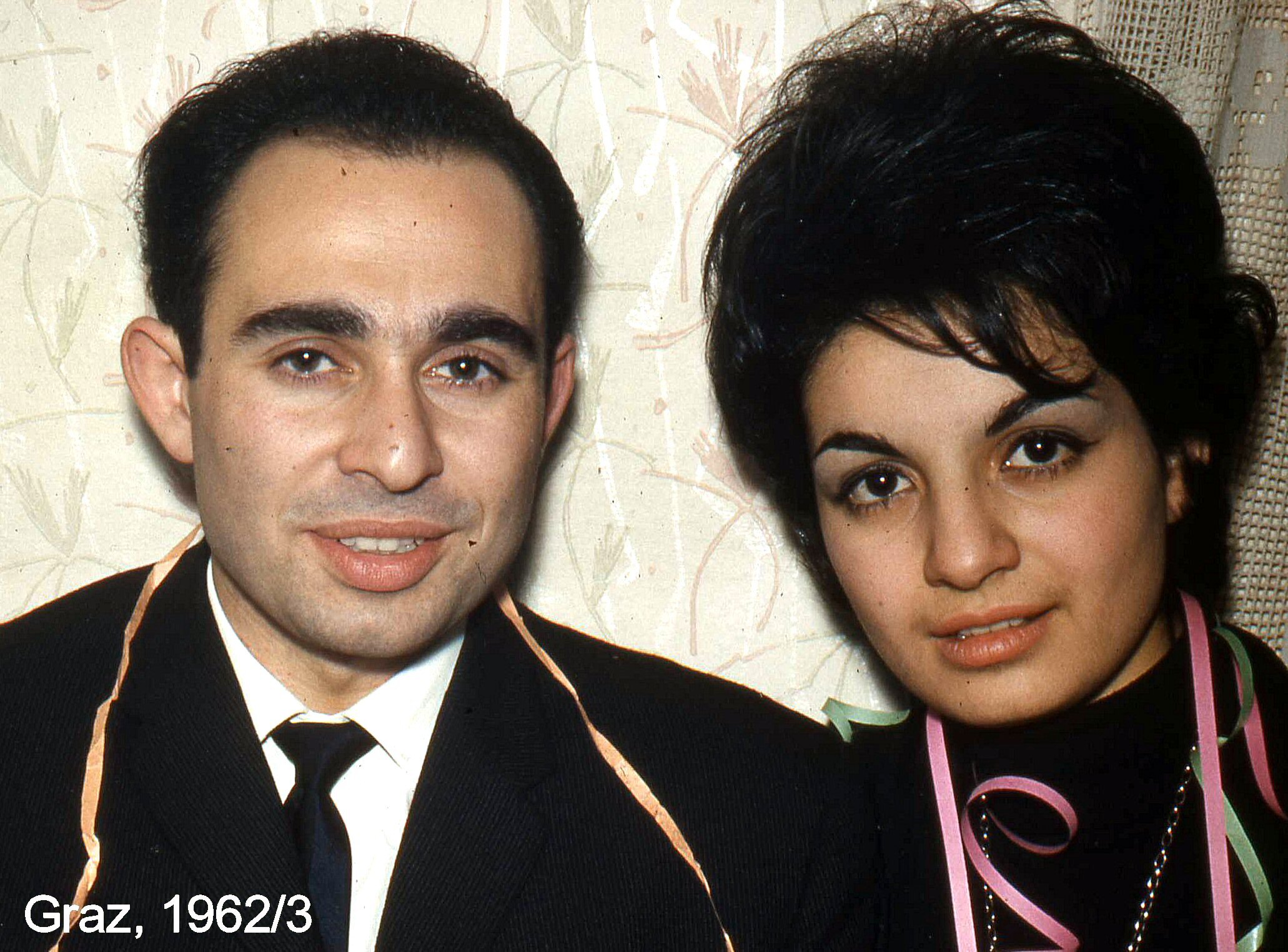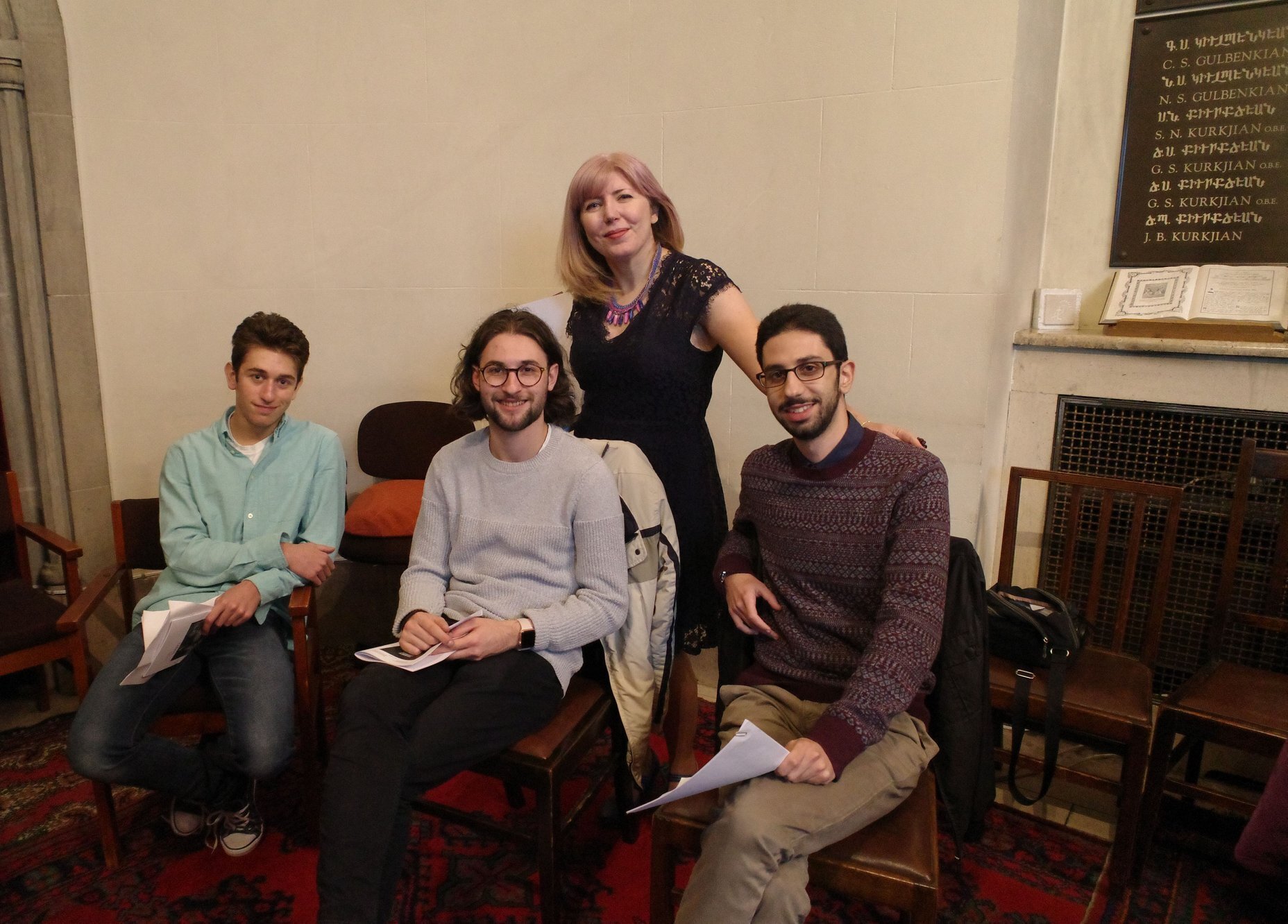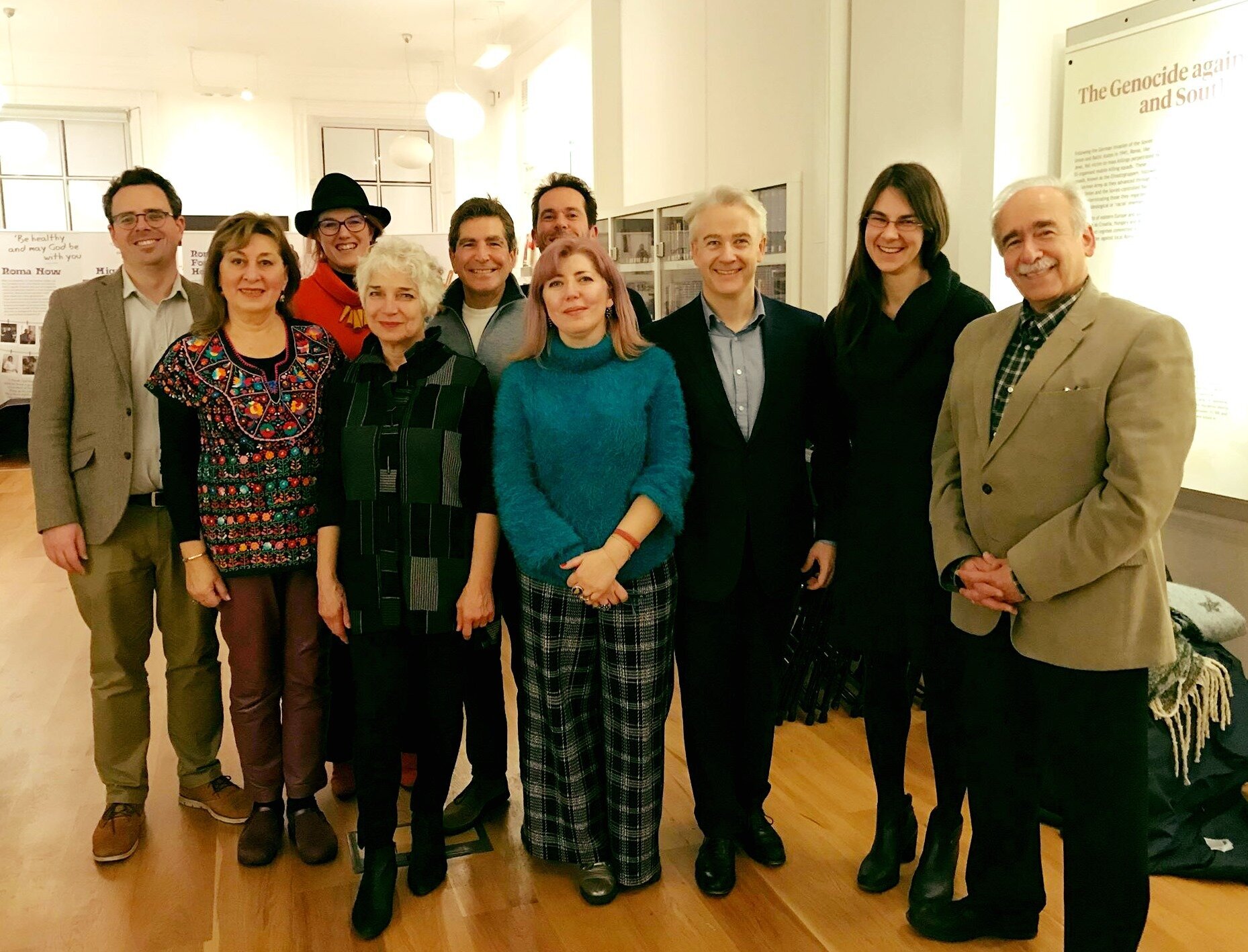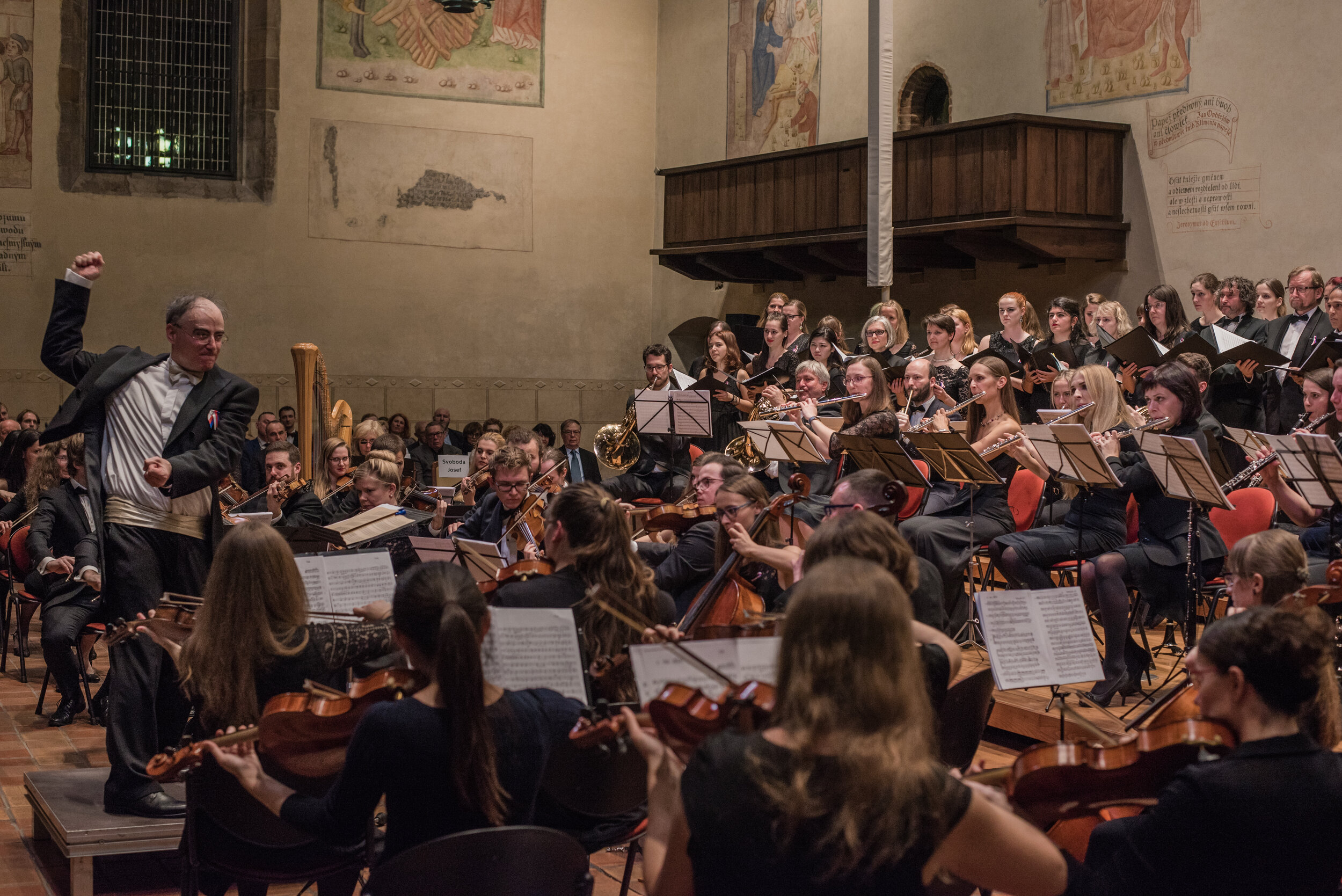Name: Susan Paul Pattie
Place of birth: Washington, DC
Your family roots: My mother’s family is from Kessab, northwest Syria. Her father migrated to western Pennsylvania in 1914, planning to bring his family over asap. But in summer 1915, her mother and 6 children were forced onto the deportations. Two children died, two were taken, and two finally escaped with their mother to Aleppo. They eventually joined my grandfather in New Castle, PA. and my mother was born there. My father’s family migrated to the US a few centuries ago. One ancestor was a well-known trapper/explorer in the early 1800s. My father and my mother’s brother met during WWII at Indiana University where as army intelligence recruits, they were in Turkish classes together. Both their families moved to Washington during the war, they became friends and Mark found out that Jack had a lovely sister.
Your occupation / work / profession. I’m a cultural anthropologist studying diasporas, particularly the Armenian diasporas. I’ve taught a lot, managed a number of interesting projects, write and draw… but the most important project has been being part of creating the Armenian Institute over the past 20 years. It has been teamwork from the beginning and I’m happy to have been part of it.
How and why did you get involved with AI? During the late 1990s, a group of friends began thinking about what was missing in London Armenian circles. We felt that a cultural/arts/academic institution that reached a broad audience, including English-speakers, would be welcomed by many – and equally importantly, we felt the need for it ourselves. In such a big town, it’s important to have reasons to get together as often as possible! So it nurtures friendships as well as providing educational and artistic outlets for all of us.
Tell us a special memory about AI: An impossible question… Some very special people have helped us at different points – George Kurkjian, against others’ wishes, supported AI generously at the beginning – it was important to have that initial step of faith from someone outside the team. We have had other wonderful benefactors and advisors over the years and each brings meaningful memories of a larger group supporting this project.
What are 2 or 3 of the most memorable AI events you have attended? Again, difficult – but certainly among them is the very first weekend with Khachig Tololyan speaking, a book fair, and some 40 children enacting the Anahide story. The international conference Identities Without Borders, our two major exhibitions at the Brunei Gallery, SOAS – Layered Lives (2006) and (2010) My Dear Brother: Armenian Life in Turkey 100 Years Ago along with Treasured Objects.. In 2013 Salon Mashup and in 2016, AI’s Sweet Sixteen celebration with a concert by the piano trio of Chilingirian, Chaushian, and Hakobyan.
What are your hopes and ambitions for AI; where do you see its future? It is wonderful to see the new team leading AI in directions we couldn’t have dreamed about. I hope AI keeps a balance between being a real “institution” and being a very human, friendly and welcoming space. And that it continues finding ways to combine high intellectual standards with exciting artistic content – and fun.
Which languages do you speak? English, West Armenian and French. Bits of others…
Favourite book: (warning: for all following categories, the answers would change, depending on the day) The Arrival by Shaun Tan, Maus by Art Spiegelman, A Wrinkle in Time by Madeleine L’Engle, Art and Entropy by Rudolf Arnheim, Dynamics of Faith by Paul Tillich, Armenian Village Life Before 1914 by Susie Hoogasian-Villa, Their Eyes Were Watching God by Zora Neale Hurston.
Favourite film: Films by Wes Anderson, Spike Lee, Pixar….. but also many exciting, thoughtful documentaries - highly recommend 20 Feet From Stardom.
Favourite music / musician / band: Chilingirian String Quartet, Collectif Medz Bazar, Kotchnak. Also…. Aretha Franklin, Martha and the Vandellas, the Temptations, the Beatles, Jefferson Airplane, etc. And Scarlatti piano music, Gershwin(s), Faure’s Requiem and…
Favourite artwork: Waterfall by Arshile Gorky, Wheatfield with Crows by Vincent Van Gogh, pottery by Shoji Hamada, woodcuts by Helen Frankenthaler, and…
Best advice you’ve been given: It’s not what you say, it’s how you say it.
Coffee or tea and what kind: Tea – Assam, English Breakfast, Pukka herbal teas.
Favourite place in London: South Bank – anywhere along the river. Richmond Park, the Tate Modern and the V&A.
















